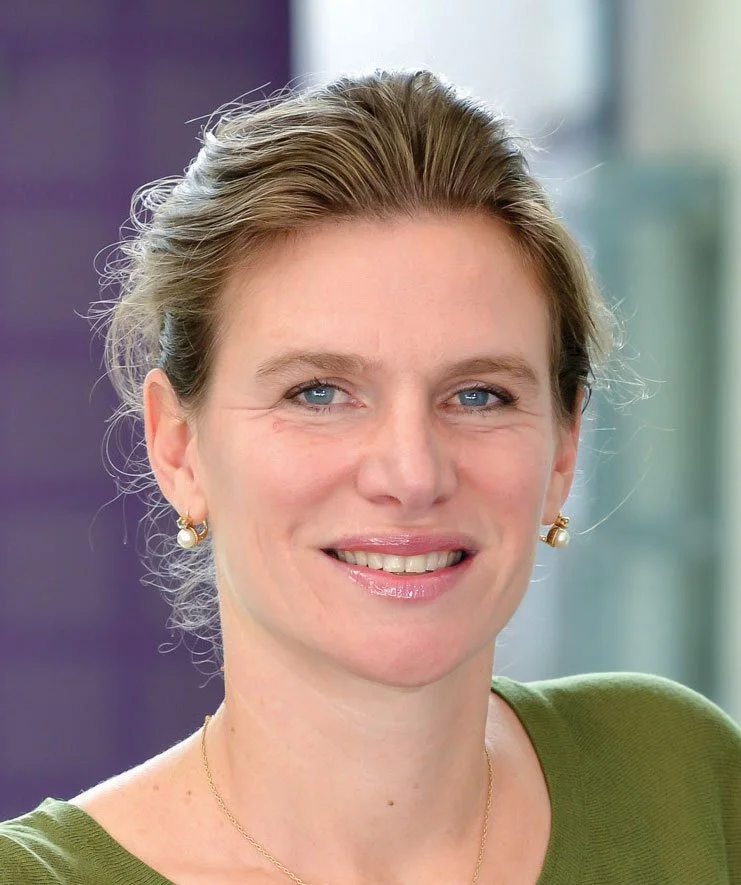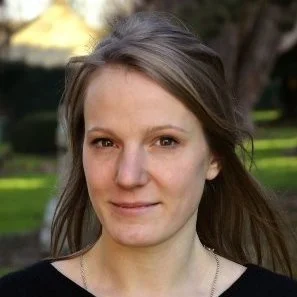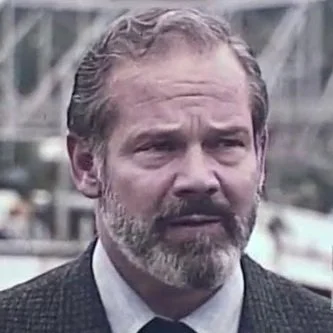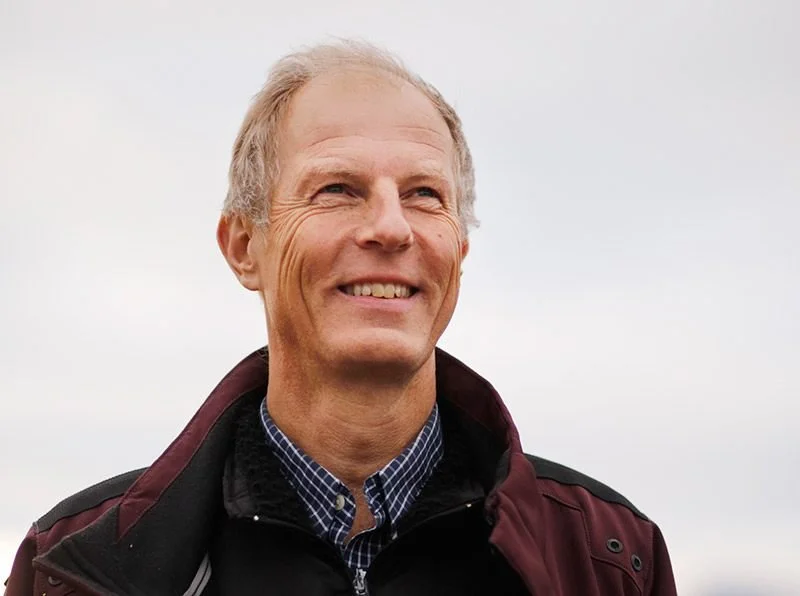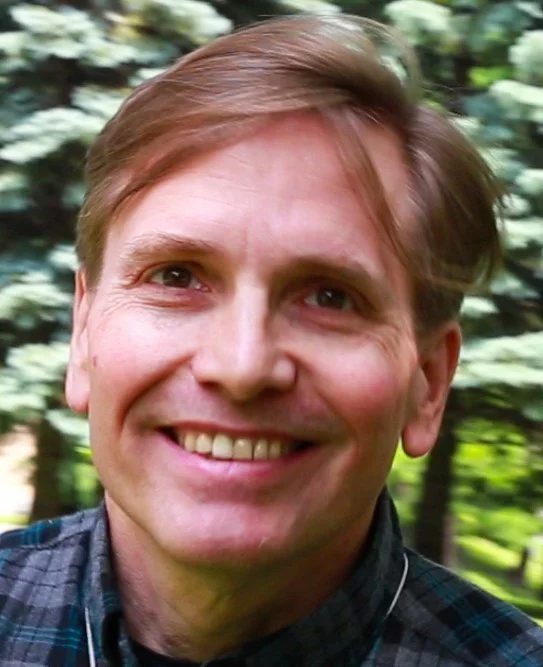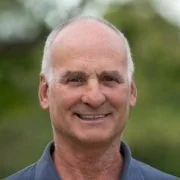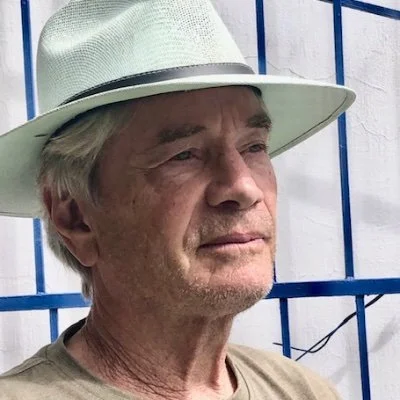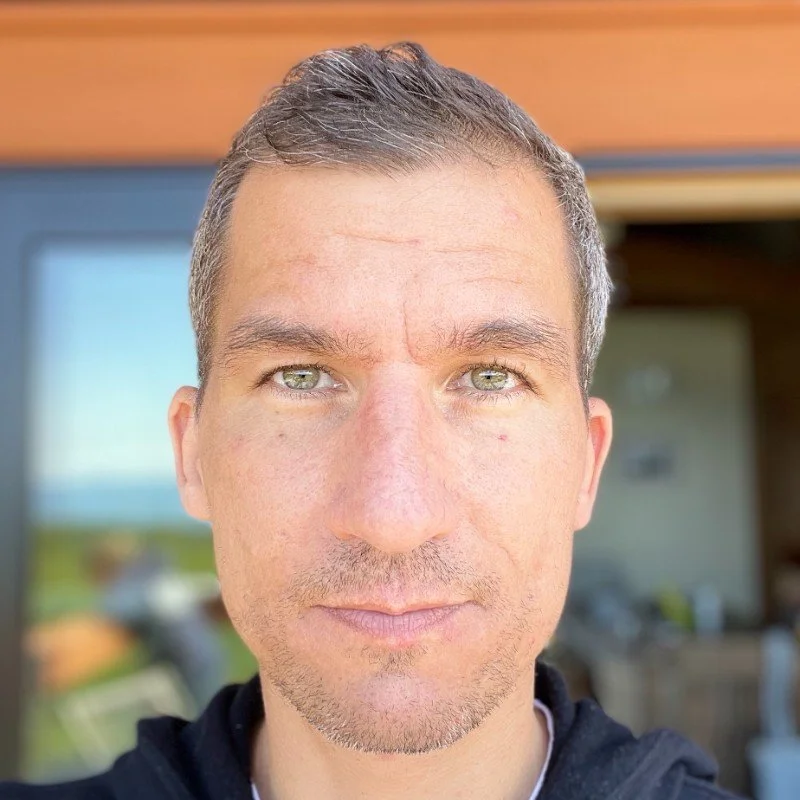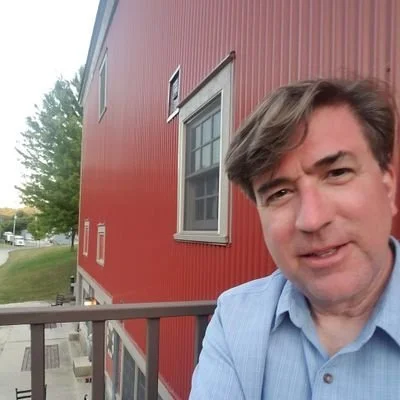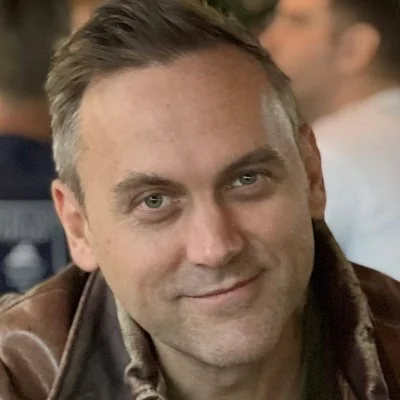What others say about common wealth
Joseph Stiglitz, Nobel Laureate in Economics and former Chief Economist of the World Bank
“Most of the increase in the value of wealth is an increase in the value of land. It’s not that there’s more land, but the price of land has gone up… A tax on the return to land, and even more so, on the capital gains from land, would reduce inequality and, by encouraging more investment into real capital, actually enhance growth.”
Professor Mariana Mazucatto, economist and Founding Director of the UCL Institute for Innovation and Public Purpose
“A citizen’s dividend allows the proceeds of co-created wealth to be shared with the larger community—whether that wealth comes from natural resources that are part of the common good or from a process, such as public investments in medicines or digital technologies, that has involved a collective effort.”
Sam Altman, CEO of OpenAI and former President of Y Combinator
“The value of land appreciates because of the work society does around it: the network effects of the companies operating around a piece of land, the public transportation that makes it accessible, and the nearby restaurants, coffeeshops, and access to nature that makes it desirable. Because the landowner didn’t do all that work, it’s fair for that value to be shared with the larger society that did… a decade from now each of the 250 million adults in America would get about $13,500 every year. That dividend could be much higher if AI accelerates growth”
Peter Barnes, entrepreneur and author of Who Owns the Sky? Our Common Assets And The Future Of Capitalism
“All persons have a right to income from wealth we inherit or create together. That right derives from our equality of birth... It consists of assets created not by individuals or corporations but by nature or society as a whole… our atmosphere and ecosystems, our sciences and technologies, our legal and financial systems, and the value that arises from our economic system itself... paying dividends from wealth we own together is a practical, market-based way to assure the survival of a large middle class.”
Carys Roberts, Executive Director of the Institute for Public Policy Research (IPPR)
“The idea is that everyone should collectively own a portion of [a country's] wealth. This would be held in one big fund so we can invest it sensibly so that everyone benefits fairly from the returns…By owning wealth in common, the fund would act as a force for economic equality by distributing returns to capital more widely.”
Andrew Yang, entrepreneur, former US Presidential Candidate and founder of the Forward Party
“Here is something you never hear when a company pays a dividend: 'What are the shareholders going to do with the money?' We are the owners and shareholders of this society… We need to take the bounty of the 21st century economy and return it to the people.”
Professor Guy Standing, economist and Co-founder of Basic Income Earth Network
"Throughout history the commons have been a vital part of social income, providing a ‘right to subsistence’ and lessening structural inequalities in society… We need to take back the commons, revive their principles of sharing, solidarity and universality, and ensure that commoners – ‘we, the people’ – are properly compensated for any loss.”
Brent Ranalli, Research Scholar at Ronin Institute and author of Common Wealth Dividends: History and Theory
“There are some things in this world, like land and natural resources, that ought to be considered our common heritage, and that those who own or control these common-heritage resources owe some compensation to the rest of us who are excluded from their use… with common wealth dividends, the redistribution of wealth is not just a nice idea, not just a piece of social engineering, it is a right.”
Commentary on Jay Hammond, former Governor of Alaska who led the creation of the Alaska Permanent Fund
For Hammond and the small group of Alaska legislators, aides and ordinary citizens who worked with him when he was governor to achieve a resource-based investment dividend, the shared core idea was neither charity, nor leveling, nor an attempt to build an income floor. Their shared commitment was to the notion of collective ownership and the fundamental fairness of sharing the returns in equal proportion to their equal ownership.
Jens Stoltenberg, Former Prime Minister of Norway and NATO Secretary General
“The natural resources in the ground, that’s something we own in common… But then we invite foreign companies to invest, to produce…We tax them and they stay, because they earn money even with a tax rate of 78%… we believe in the market, we believe in competition, we believe in open economy. But we believe that the extra rent connected to natural resources shall be something which is in the common ownership of the people of Norway.”
Commentary on Allana Hartzok, Co-director of the Earth Rights Institute and author of The Earth Belongs to Everyone
Alanna Hartzok establishes equal rights to the earth and its resources as a basic human right… The principal role of government – at all levels, municipal to global – is to capture “rent” for public benefit… collecting monies whenever private entities fell trees on public lands, discharge pollutants into the air, mine oil and other minerals, access the electromagnetic spectrum, or do any of the other significant things that are done to this Earth, our home. The rent monies could substitute for most or all taxes on wages, investment income, and homes (and other buildings). Or… go to individuals in the form of an annual “citizen’s dividend.”
Frank de Jong, environmentalist, author and first leader of the Green Party of Ontario
“Economic rent refers to the societal surplus that flows to assets like land, resources, the right to pollute, billboards, the stock market, the electromagnetic (EM) spectrum, agricultural quotas, etc. Although this wealth rightfully belongs to the community, which created it in the first place, it presently flows to private asset owners, forcing governments to damage the economy by taxing incomes and consumption… funding government programs by capturing the community-generated, unearned income that accrues to desirable finite assets increases economic efficiency, eliminates poverty and unemployment, halts sprawl, conserves resources and reduces pollution.”
Professor Karl Widerquist, political philosopher and economist at Georgetown University
"Governments should start to build up a permanent endowment of publicly held assets, both financial and physical, lease at least some of them out to private industry, and use the revenue for two purposes: half for government spending and the other half for a dividend in the form of an unconditional basic income for all people-in recognition of their shared ownership of their common resources and the sacrifice they make living in a world where others own the environment they live in."
Charles Eisenstein, public speaker and author of Sacred Economics
”The current economic system forces us to work for what is already ours. In contrast, a social dividend pays out the proceeds of economic rent compensation, pollution taxes... land rents, electromagnetic spectrum, mineral rights, oil reserves, patents...profit from depleting biodiversity, aquifers, soil, ocean fisheries, and so on... return economic rents to the people, so that private interests can profit only by using property well, not merely by owning it... payments for use of the commons.”
Karl Fitzerald, founder of Grounded and former Director of Prosper Australia
“The tax system must be directed to equalise the opportunities between those who own our common wealth and those who are contributing to the community. Otherwise, rent seeking in the race for the rising value of the Earth will distort both economic and political decision making.”
Dr. Gary Flomenhoff, Research Fellow at University of Queensland and University of Vermont
“A Citizen's Dividend (CD, equal share payment to all citizens out of collected rent)… provides a share of the common wealth to everyone… reduces poverty directly, government programs may not… eliminates all the humiliating stigmas of means tested welfare programs… CD counteracts the inevitable increase in unemployment due to technology, globalization, outsourcing, downsizing, automation.”
Jeff Smith, author and former Chief Editor at Progress.org
"Ignoring our common assets guarantees that we continue to pay rent rather than begin to receive rent. Conversely, insisting upon a fair share could win us the world we want...The call to share the commonwealth enjoys an unshakable moral base and gets high marks for real world success, unlike taxes upon [earned income]. Once implemented, sharing [economic rent] will grant us leisure – time enough to evolve and reconnect with friends, family, and neighbours – and drain away fortunes rather than let the fortunate continue to soak society. Hence support for shifting taxes [to unearned income] and paying dividends to the citizenry grows... To liberate humans from exploitive labor, let us advance the sharing of society’s surplus.”
Martin Adams, entrepreneur and author of Land: A New Paradigm for a Thriving World
“All of nature is community wealth, including—and especially—land… While land can certainly be privately used, its value is created by the community and therefore belongs to the community… If we are to remedy the financial and cultural poverty that pervades society, we are best advised to share the value of land.”
Rich Nymoen, President of Common Ground USA
“Failing to publicly collect the land value as a form of common wealth by leaving it in private hands has profound environmental and economic consequences… Collecting what belongs to everyone becomes an automatic way to harmonize our economy with our environment. Once we recognize our common wealth, we can recover that immense flow and defend our common space.”
Scott Santens, Basic Income advocate, author and editor of Basic Income Today
“Everyone should be seeing their share of productivity growth as a dividend. That dividend is universal basic income, and it should be indexed to rise as productivity rises. That way the more we automate, the better off we all are, thanks to all being treated like [a nation’s] stockholders.”
Natural Common Wealth and Economic Rent in Canada
In this paper, we estimate the total economic rents (or unearned profits) from Canada’s land and natural resources that could be collected as new revenue, without inhibiting productive investment. At $241 billion/year, it could be enough to raise the 0% personal income tax bracket to $250,000/year or generate a dividend of $7,600/year per adult.

Common wealth for the common good.
At Common Wealth Canada, our work is rooted in the idea that natural and publicly created wealth should be publicly shared. Policies reflecting this can fix incentives driving our housing crisis, replace harmful taxes on productivity, fund dividends to every citizen, and steward our finite resources for the benefit of future generations.


